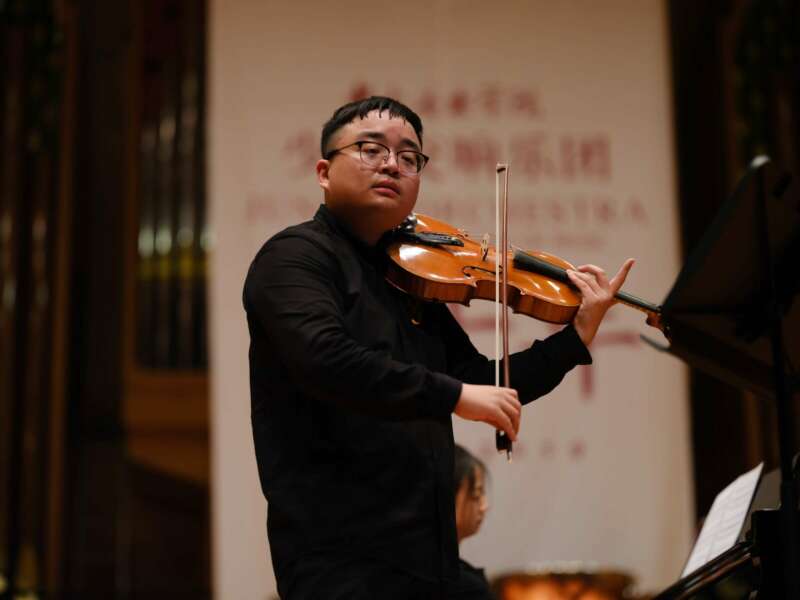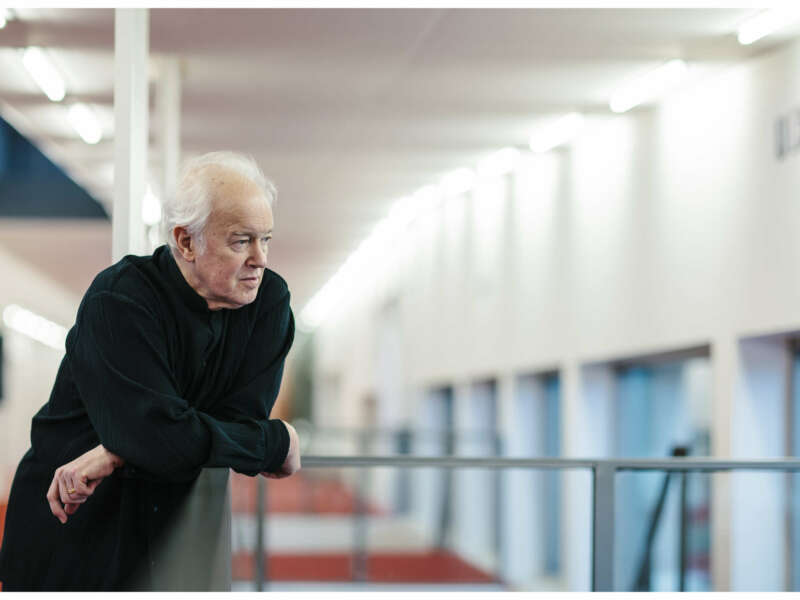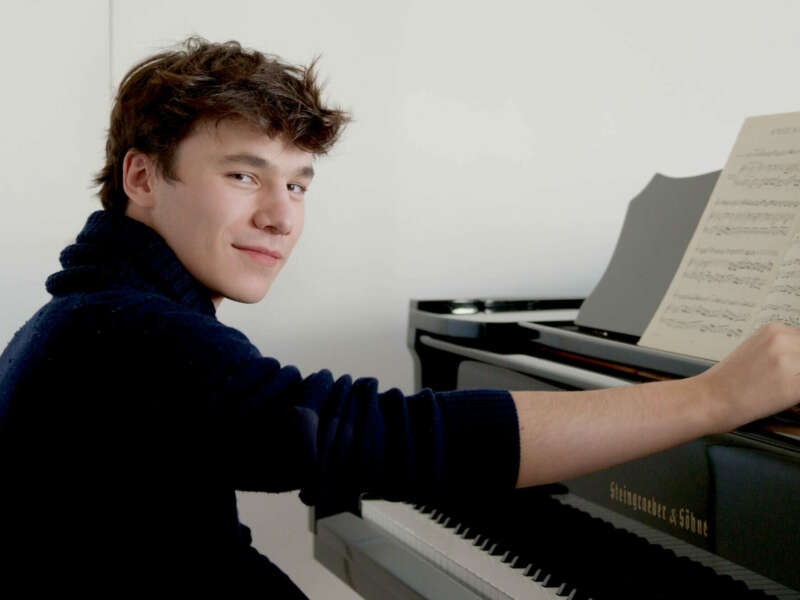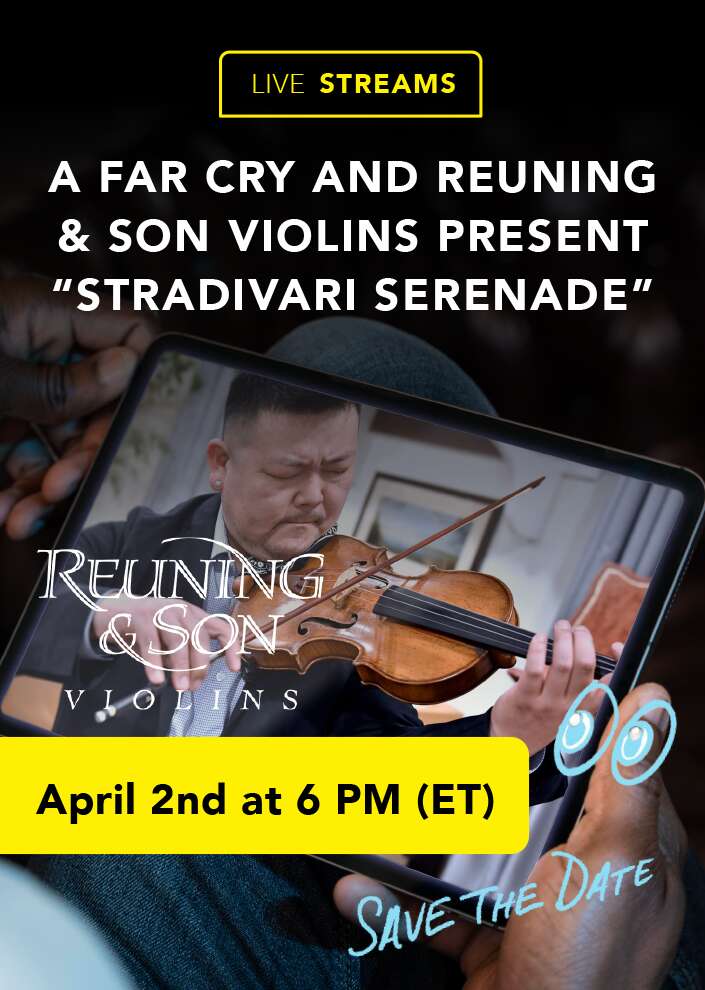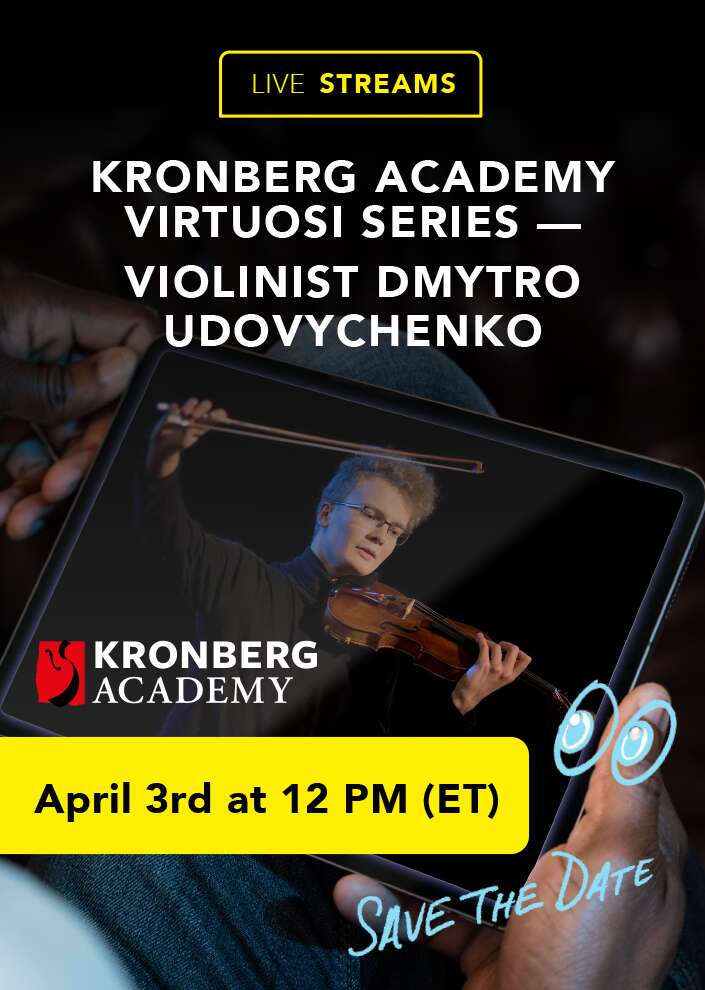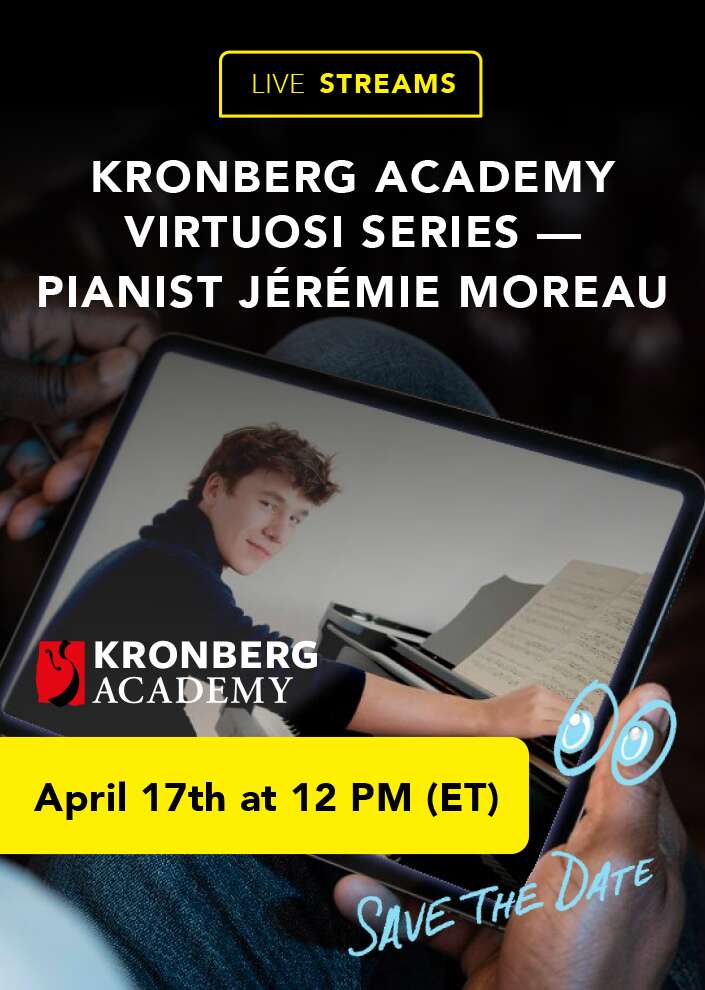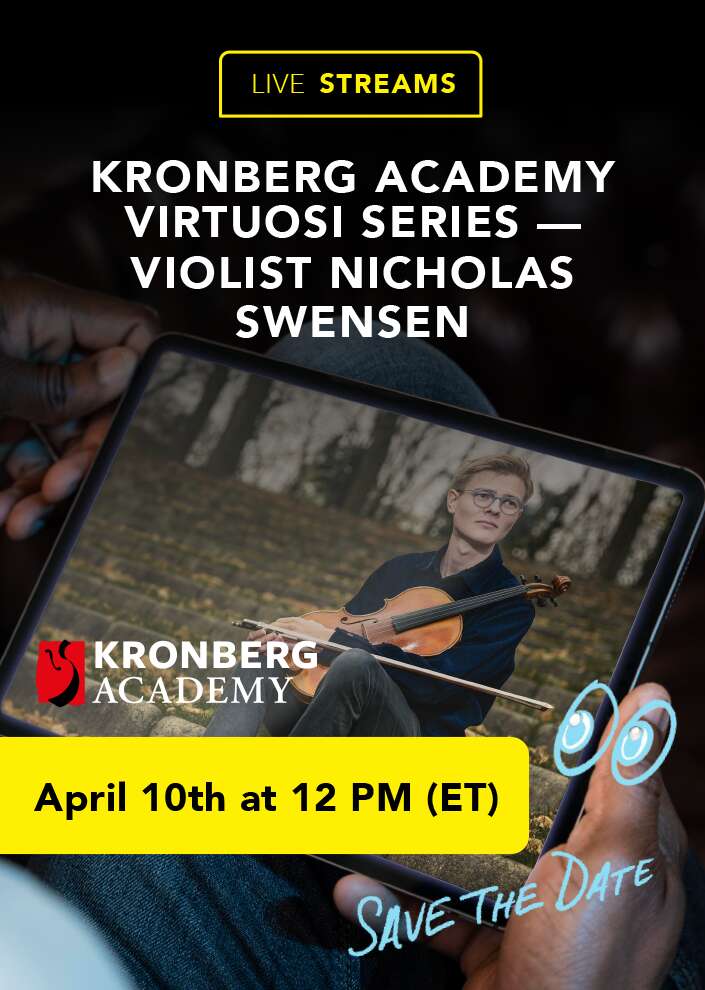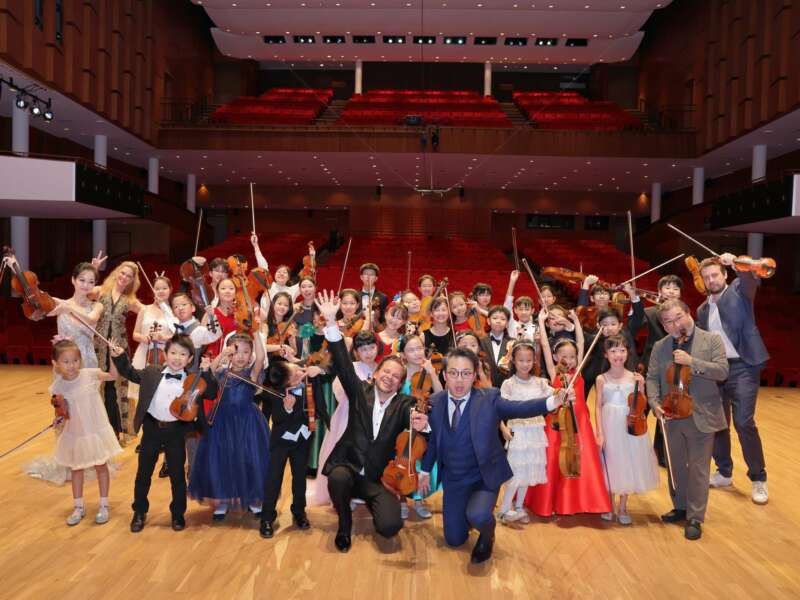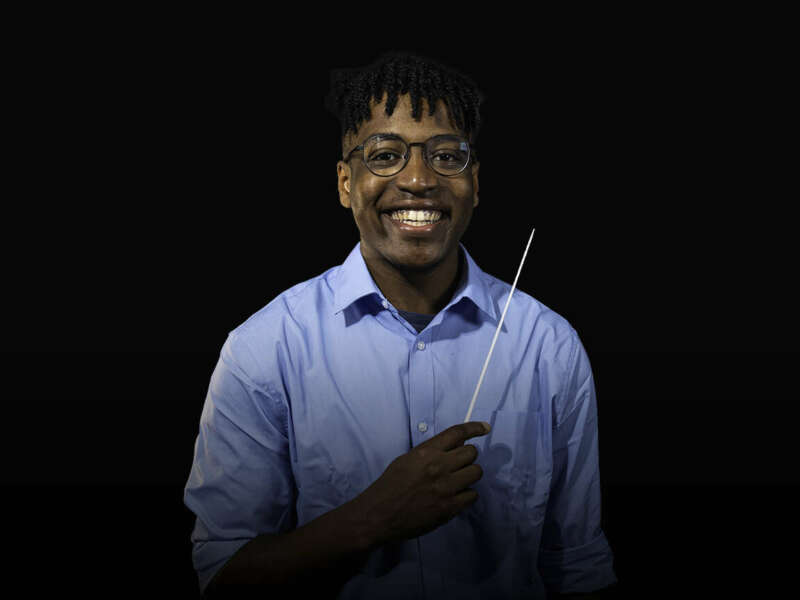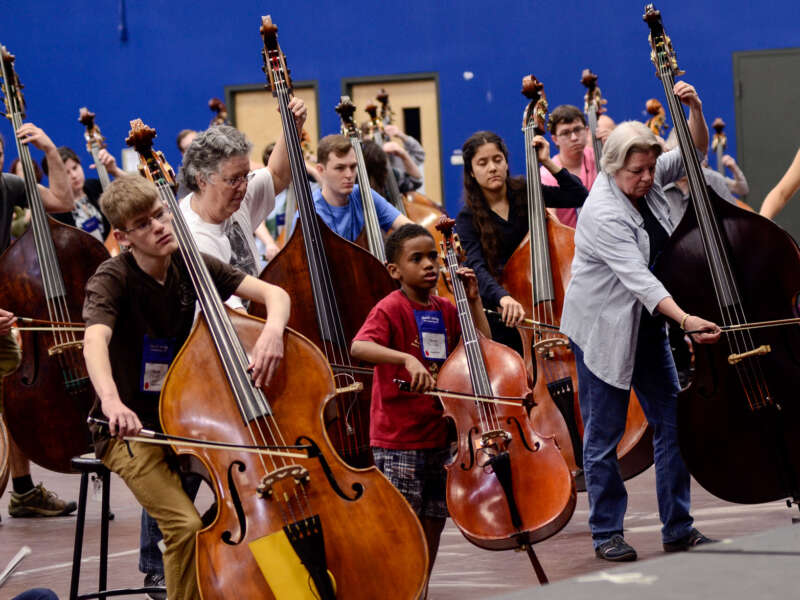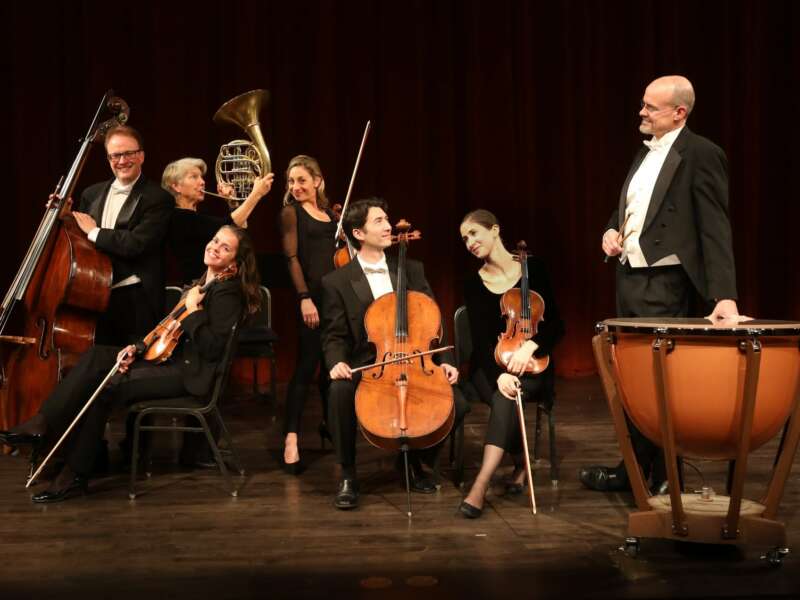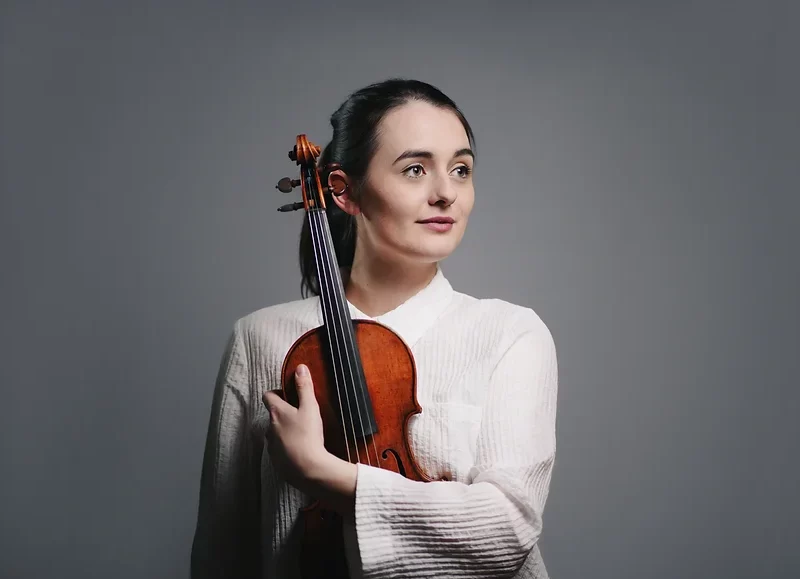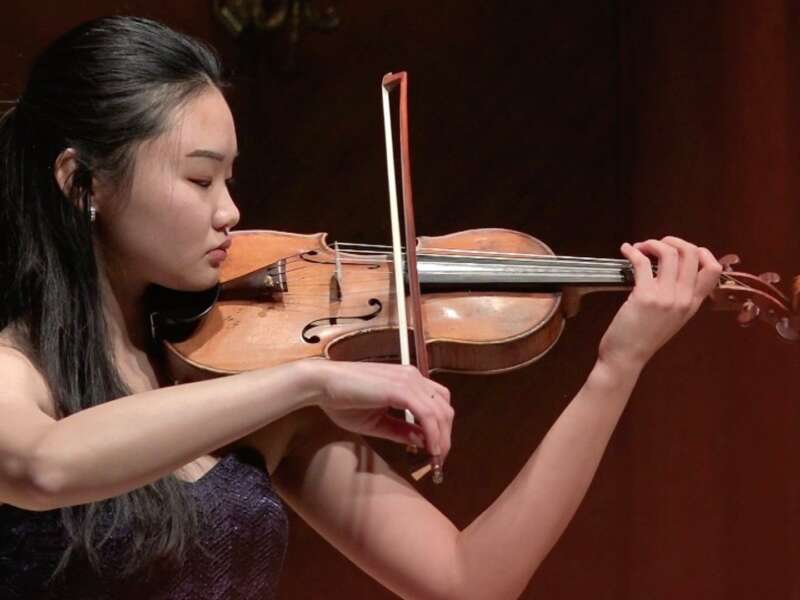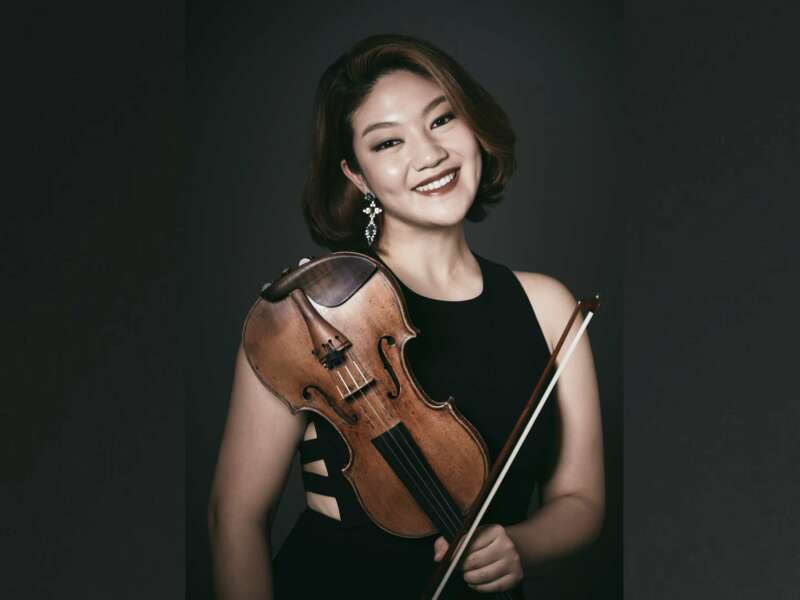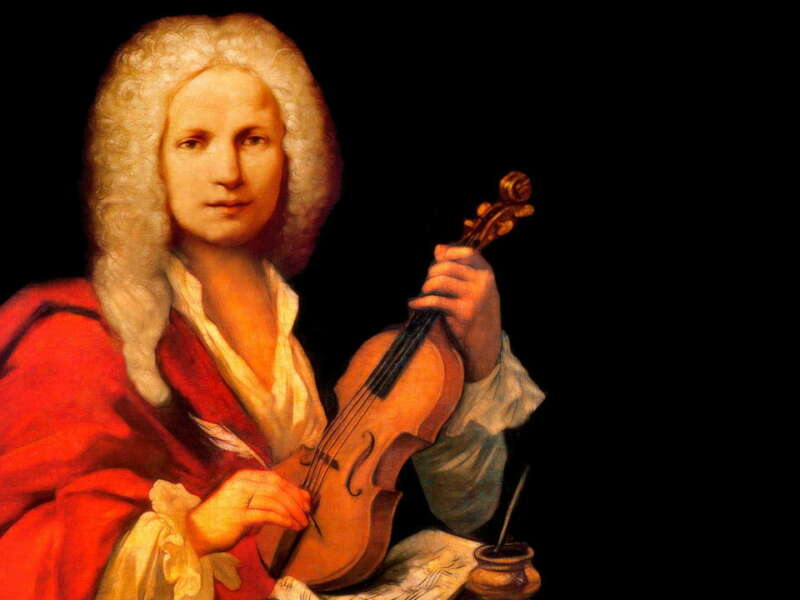VC INTERVIEW | Marcy Straw, Executive Director of the California Music Center
The San Francisco-based Irving M Klein International String Competition announced the seven semi-finalists for the 2022 edition. The competition's semi-finals and finals will be streamed live here on The Violin Channel, starting from 10 AM on Saturday, June 4, and from 3 PM on Sunday, June 5.
We sat down with Marcy Straw, executive director of the California Music Center (CMC), home of the Klein International String Competition.
Tell us about the Klein Competition. When was it founded and what would you say was its mission when it started, and its mission today?
For nearly five decades the California Music Center (CMC) has been dedicated to our mission of nurturing and championing the world's finest young string players. We exist to serve the next generation of classical string players through our initial intersection of the Irving M. Klein International String Competition (The Klein). It is the starting point for a sustained relationship with these artists, whom we cultivate and guide to become artistic ambassadors in the community, not just leading performers in their field. We encourage and give them opportunities to give back on and off the stage.
CMC was founded in 1974 by Irving M. Klein, a virtuoso chamber musician and master cello teacher, as the sponsoring organization for a summer music institute and chamber music series for young artists. Following Mr. Klein’s passing in 1985, CMC inaugurated the Irving M. Klein International String Competition in the summer of 1986 in his memory. Now its primary focus, we’re producing our 37th competition this year.
When and where will this year’s competition take place? And who is eligible to enter?
We couldn't be more excited to finally return in person to the San Francisco Conservatory of Music (our presenting partner)! The 2022 Semifinals take place Saturday, June 4, 10 AM Pacific in Caroline H. Hume Hall at the Conservatory. The Finals begin at 3 PM Pacific on Sunday, June 5th. I hope the success of the livestreams of the 2020 and 2021 virtual Competitions continues in 2022 with both days' performances scheduled to livestream on the Violin Channel.
We keep the criteria for applicants simple: the Klein Competition is open to violinists, violists, cellists, and bassists aged 15-23 at the time of the competition. All prizes are intended for instrumental studies, so persons under professional management are not eligible.
What will this year’s first prize winner receive? What initiatives do you have in place to help your laureates beyond the conclusion of the event?
The first prize winner receives a $5,000 cash prize and soloist performance contracts with the Santa Cruz Symphony, Gualala Arts Chamber Series, Peninsula Symphony, Napa’s Music in the Vineyards, and others. The second prize winner receives a $3,500 cash prize and a performance contract with San Jose Chamber Orchestra. Laureates may also perform with our presenting partners Young People’s Symphony Orchestra, Master Sinfonia Chamber Orchestra, Vallejo Symphony. Laureates are also presented in recitals around the Bay Area.
We are dedicated to supporting these exceptional players early in their careers, assisting them with the development of professional and performance skills, encouraging their community involvement, and providing them with performance opportunities and monetary support. I love the full-circle of it: as they mature, some are invited to serve as Competition mentors, judges, and even on our board or as our composer.
Who are some of your former prize winners, who’ve really been able to use this experience with The Klein to springboard their careers?
There are too many successful laureates to name, but I'll try: the Klein has been instrumental in helping to enhance the developing careers of hundreds of players who have gone on to become renowned soloists, chamber musicians, teachers, and prominent members of the world’s finest orchestras.
They include soloists Alyssa Park (1989), Jennifer Koh (1993), Vadim Gluzman (1993), Alban Gerhardt (1989), Tessa Lark (2008), Francesca dePasquale (2010), Nikki Chooi (2009); David Requiro (2006); Mihai Marica (2005); Caroline Campbell (2002); Robert deMaine (1990); principal chairs and members of U.S. orchestras (Cleveland, Philadelphia, Boston, Buffalo, Chicago, New York, Los Angeles, Seattle); and members of the San Francisco Symphony: Wyatt Underhill (2013), David Kim (2004), Melissa Kleinbart (1999), and Charles Chandler (1986).
Interestingly, most competitions today will ask for video prescreening files from their applicants, but you’ve made the decision to ask for anonymous audio files. Please tell us your thoughts on this? Why do you feel it’s important?
I acknowledge that there is a lively and essential debate around blind auditions, particularly in orchestra hiring. As a Competition, we aim to neutralize any unconscious (as well as intentional) bias that a listener may possess by removing the appearance, gender, race, national origin, familiarity etc. characteristics of the applicants. Very simply, it is important to us to level the playing field as much as possible for all applicants.
Our screeners and listeners do not know who they are evaluating at any time throughout a three-step process. All applications are initially listened to by two different screeners, and receive two sets of rankings. Top-ranked applications are advanced to a different set of listeners, and final selections are made from the top rankings of that group. Only when the semifinalist cohort and alternates have been selected, will their identities be revealed to anyone involved in the screening process.
Who will serve on your jury this year? What do you feel they will be looking for?
The 2002 jury are:
Richard Aaron presently serves as professor of cello at the University of Michigan, The JuilliardSchool and The Robert McDuffie Center for Strings. Previously he taught at the Cleveland Institute of Music and the New England Conservatory.
Christopher Costanza is cellist of the St. Lawrence String Quartet and Artist-in-Residence at Stanford University, where he teaches cello and chamber music and performs a wide variety of formal and informal concerts each season.
Francesca dePasquale, Klein Laureate (1st Prize, 2010) is a member of the violin faculty at Oberlin Conservatory of Music and the Juilliard School Pre-College Program. Her robust performance career includes extensive work in solo and chamber settings.
Gloria Justen is composer of this year’s Commissioned Works.
Daniel Stewart serves as Music Director of the Santa Cruz Symphony, and the San Francisco Symphony Youth Orchestra. In 2021 he made his debut with the San Francisco Symphony in a program featuring Beethoven’s 9th Symphony.
Ian Swensen is the Isaac Stern Distinguished Chair of Violin at the San Francisco Conservatory of Music, and a frequent soloist and chamber musician. He was a winner in the Naumburg Foundation’s International Violin (1984) and Chamber Music Competitions (1985).
Barbara Day Turner is the founder and Music Director of the San Jose Chamber Orchestra. She conducted for Opera San José for 18 years, and has served as Music Administrator and Conductor for the Utah Festival Opera and Musical Theater.
While I can't speak for the individual elements each panelist considers or how they weigh them, overall, we ask that the primary criterion for judging is a determination of the best total artistic/musical realization of the music performed through both rounds of the Competition. The jury brings their deep experience as respected string players, pedagogues, conductors and educators to the mix. We also strive to include a laureate established in their career on the panel each year to provide their perspective.
What advice do you have for young musicians today? Particularly those who have just done well at a competition. How do they maximize the experience, publicity, and prize money to really propel their career to the next level?
Participation in competitions can be considered an essential part of a musician’s training, and a source of support for young artists, honing goal-setting, networking, audition and performance skills, and encouraging focus and resiliency. Competitions alone can draw early attention to young artists. They are not an end, but a means to an end: a successful music career. To leverage their accomplishment, we place our prizewinners in high-profile soloist slots with prominent regional symphonies and chamber orchestras, and produce them in intimate recitals, both designed to further our alumni’s careers, and promote them through various channels.
— I think there are a few things for young musicians to consider, beyond the usual advice of practice, discipline, focus, etc. Those are a given.
— I would encourage young players to seize opportunities that may feel out of their comfort zone: collaborate freely with others, including across disciplines; broaden and deepen your repertoire with signature pieces that you can "own", beyond the traditional repertoire; champion an under-played composer. Own your own destiny. Experiment.
— Look at ways to gain experience performing in front of live audiences wherever you can — it is invaluable to your growth. Practice speaking to audiences, potential donors or benefactors and younger students. Don't be shy!
— Something I have seen the jury mention is, "Do I want to hear this player again?" "Do they have a point of view?" This echoes my belief that developing a personal style and distinct musical personality, apart from being just proficient, is essential. It is the "X" factor to becoming an expressive and engaging artist who will stand out and advance in a very crowded field.
In each edition, the Klein Competition commissions a composer to write a new work for your violin, viola, cello, and double bass competitors. How do you choose this composer, and why is this an important component of your competition and an integral test and experience for your candidates?
We have always believed that musicians (and especially younger ones) need to know the language of the music of their own time. After all, music exists, in part, to express the experiences of the present moment. The Klein requires applicants to perform 20th/21st century works to demonstrate facility in performing music of the present and premiere a new work written for their instrument.
Annually a set of four unaccompanied pieces, one each for violin, viola, cello, bass, of similar difficulty and style by a contemporary composer. We look for American composers with a facility for strings and distinctively modern sensibility to contrast with the more traditional repertoire often played. The pieces should include technical challenges but also feature a lyrical, expressive dimension that encourages the performers to craft individual interpretations. These performances are central to the Jury's evaluation of the players.
Ideally, the pieces present some considerable technical challenges to the players, but more importantly, they offer a range of interpretive choices that can be very intriguing and revealing about the musical personalities of the semifinalists. The works may or may not be connected/related — we leave that to the composer. Hearing how each individual interprets this new music enables the listeners to learn a great deal about the contestant’s abilities and expressive inclinations.
In concert with Klein Artistic Director Mitchell Sardou Klein, an Artistic Committee considers choices brought forward through our scan of the new music landscape, recommendations by respected colleagues in the field, and a considerable network. Or just hearing a piece that knocks your socks off! Recent composers have included Carlos Simon, Sakari Vanderveer Dixon, Lisa Bielawa, David Froom, and Paola Prestini. As I mentioned, it can be full-circle: this year's composer, Gloria Justen won the Klein top prize in 1987. How cool is that?
This year, there will also be a special documentary being made about the competition. Can you tell us about this project?
This was planned for the 2020, then the 2021 Competitions, and we all know how those years went, so we're thrilled that at last, at this year’s Klein, From the Top will be in residence recording a documentary-style portrait of the competition for their weekly NPR series. From the Top host pianist Peter Dugan will join co-emcees Tessa Lark (also semifinalist mentor) and Klein Artistic Director Mitchell Sardou Klein on stage. The resulting program to air Fall 2022 on NPR will feature performances from the competition as well as interviews and field recordings with competitors, the Klein team, and jury. We're excited about this collaboration, as so many of our competitors are alums of From the Top, and Tessa serves as a co-creative for them.
april 2024
may 2024



